Wake Up Your Dry Skin! Easy Tips to Restore Softness and Moisture

What Is Dry Skin? Understanding It Before You Start Treating It
Dry skin occurs when your skin doesn’t produce enough natural oil or loses too much moisture. This leads to reduced elasticity, flakiness, itchiness, or even cracking. There are several causes of dry skin, such as:
● Weather conditions – Cold, dry, or windy climates can strip moisture from your skin.
● Daily habits – Long hot showers, using strong soaps, or skipping moisturizer.
● Aging – As we age, our skin naturally produces less oil.
● Genetics or skin conditions – Sensitive skin or skin disorders can increase dryness.
Understanding your skin type helps you choose the most effective care.
Everyday Habits That Secretly Make Your Skin Drier
Dry skin isn’t just caused by skincare products—it often comes from daily habits you might not even notice:
● Washing your face or showering too often, especially with hot water, can strip away natural oils.
● Using harsh cleansers with ingredients like SLS (Sodium Lauryl Sulfate).
● Not applying moisturizer right after showering—this is when your skin absorbs moisture best.
● Staying in air-conditioned rooms without a humidifier.
● Not drinking enough water, which leads to dehydration and dryness.
Avoiding these habits can significantly improve skin hydration.
Heal Your Skin From the Inside—Diet Matters Too
Healthy skin reflects your inner health. Eating the right foods can support long-term skin hydration:
● Drink enough water – 6–8 glasses a day to keep skin cells hydrated.
● Healthy fats – Found in salmon, avocado, and nuts to strengthen the skin barrier.
● Vitamin C and E – From fruits and leafy greens, they help repair and protect skin.
● Zinc – From egg yolks, pumpkin seeds, and legumes, it reduces inflammation and promotes healing.
Feeding your skin from within helps build a stronger foundation for lasting softness.
How to Shower Without Drying Out Your Skin
Small changes in your shower routine can help lock in moisture:
● Use warm water no hotter than 38°C to avoid melting natural oils.
● Choose gentle, fragrance-free, alcohol-free soap.
● Limit showers to 10–15 minutes, especially in winter.
● Pat your skin dry with a soft towel—don’t rub.
● Apply moisturizer within 3 minutes after drying to seal in hydration.
These small habits can help your skin stay moisturized without needing expensive products.
How to Choose the Right Skincare for Dry Skin
Look for ingredients that lock in moisture and support your skin’s natural barrier:
● Hyaluronic Acid – Draws water into the skin.
● Ceramides – Strengthen the skin’s structure.
● Glycerin & Panthenol – Retain moisture.
● Shea Butter or Jojoba Oil – Deeply nourish and prevent moisture loss.
● Avoid irritants like fragrance, alcohol, and parabens.
Also, adjust your products according to your environment—richer creams are better for air-conditioned rooms.
Build a Simple Skincare Routine for Morning and Night
Morning Routine:
● Cleanse with a gentle cleanser
● Apply a hydrating serum like hyaluronic acid
● Moisturize
● Finish with sunscreen to protect from UV damage
Night Routine:
● Remove makeup and cleanse thoroughly
● Use toner or essence
● Apply a rich moisturizer
● Use a sleeping mask 2–3 times a week for extra hydration
A regular routine helps your skin recover and stay moisturized throughout the day.
Natural Remedies for Moisture—Budget-Friendly and Gentle
Some natural remedies are simple, effective, and safe for sensitive skin:
● Aloe Vera – Apply fresh gel to reduce inflammation and hydrate.
● Raw Honey – Leave on skin for 10–15 minutes to soften and smooth.
● Coconut or Almond Oil – Apply after showering to lock in moisture.
● Fresh Milk – Use a cotton pad soaked in milk to gently wipe your face for smooth, soft skin.
These at-home remedies are easy and skin-friendly for long-term care.
● American Academy of Dermatology Association. “Dry Skin: Causes, Prevention, and Treatment.”
● Harvard Health Publishing. “Moisturizers: Do they work?”
● Mayo Clinic. “Dry Skin – Symptoms and Causes.”
● Healthline. “Best Moisturizers for Dry Skin: Ingredients and Products to Try.”
● National Eczema Association. “Understanding Emollients and Moisturizers.”
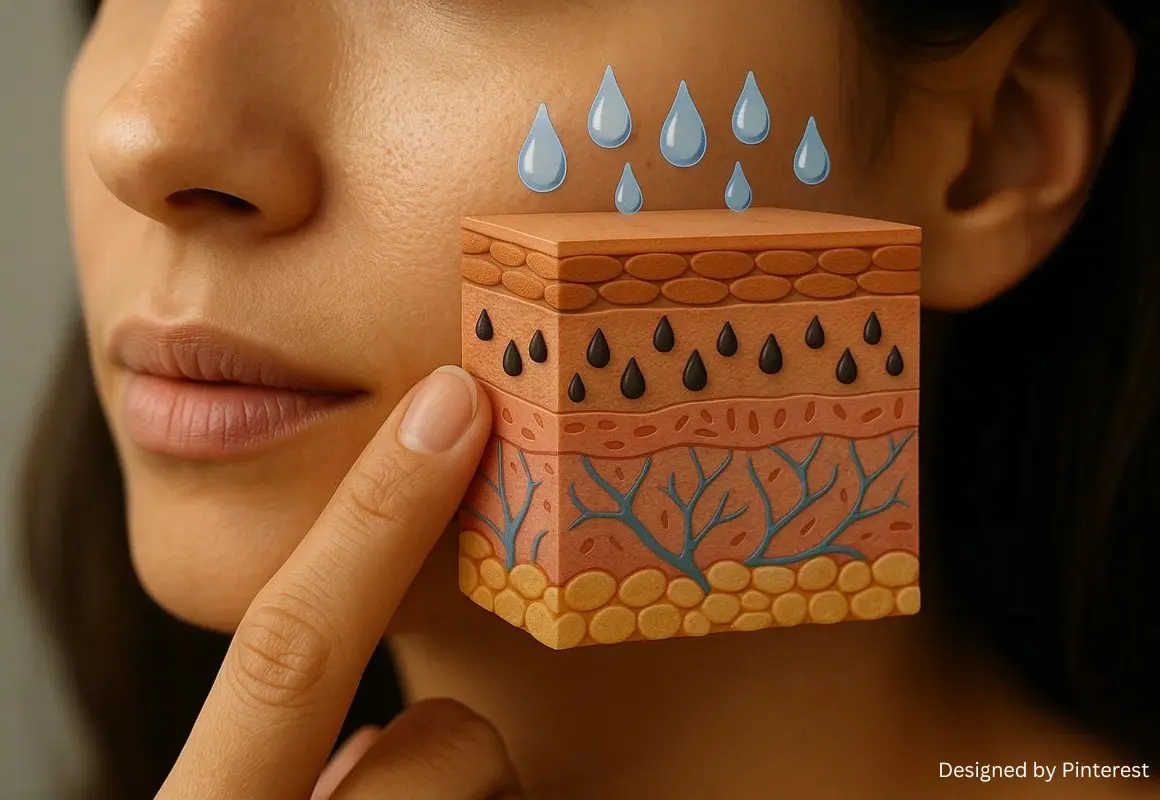
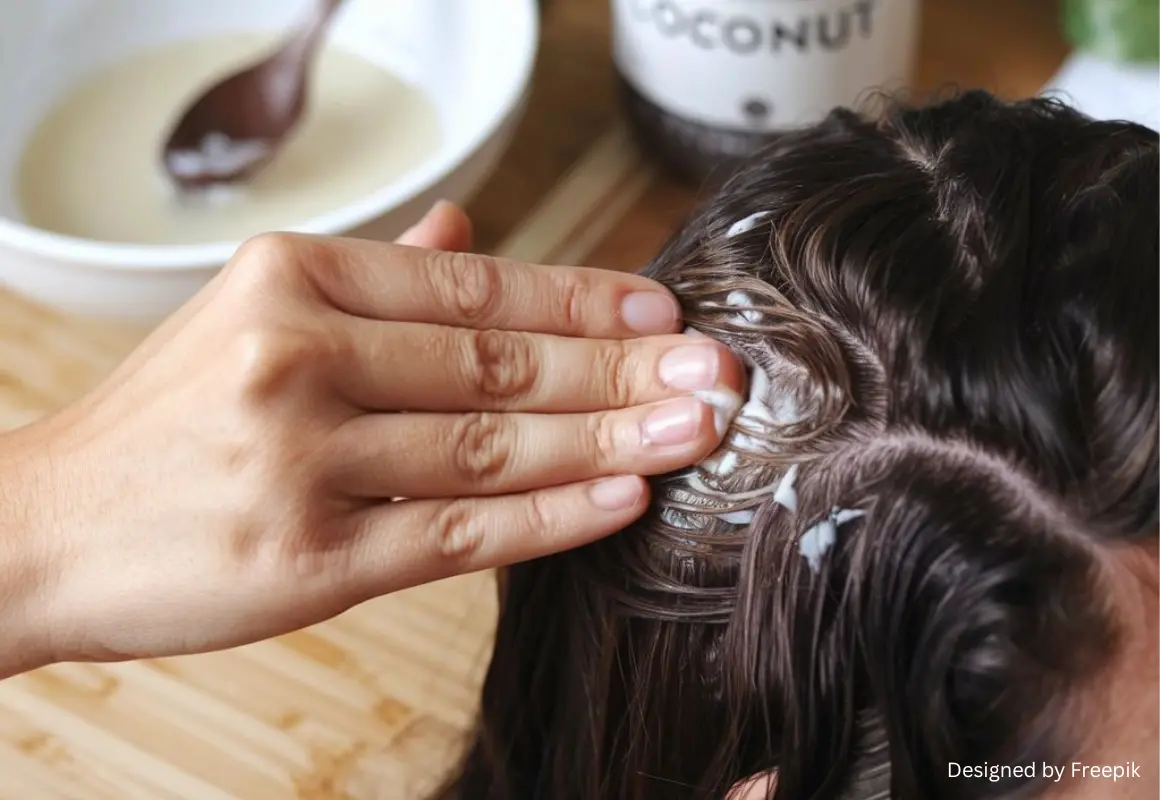

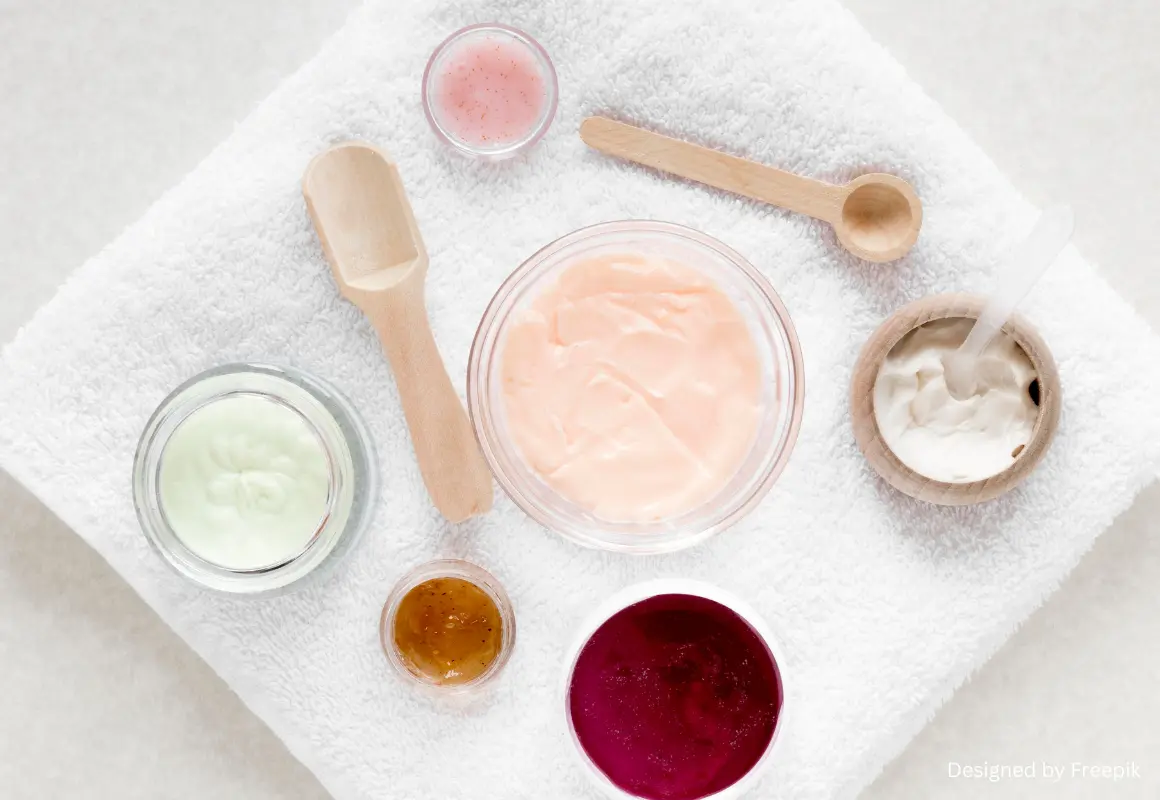
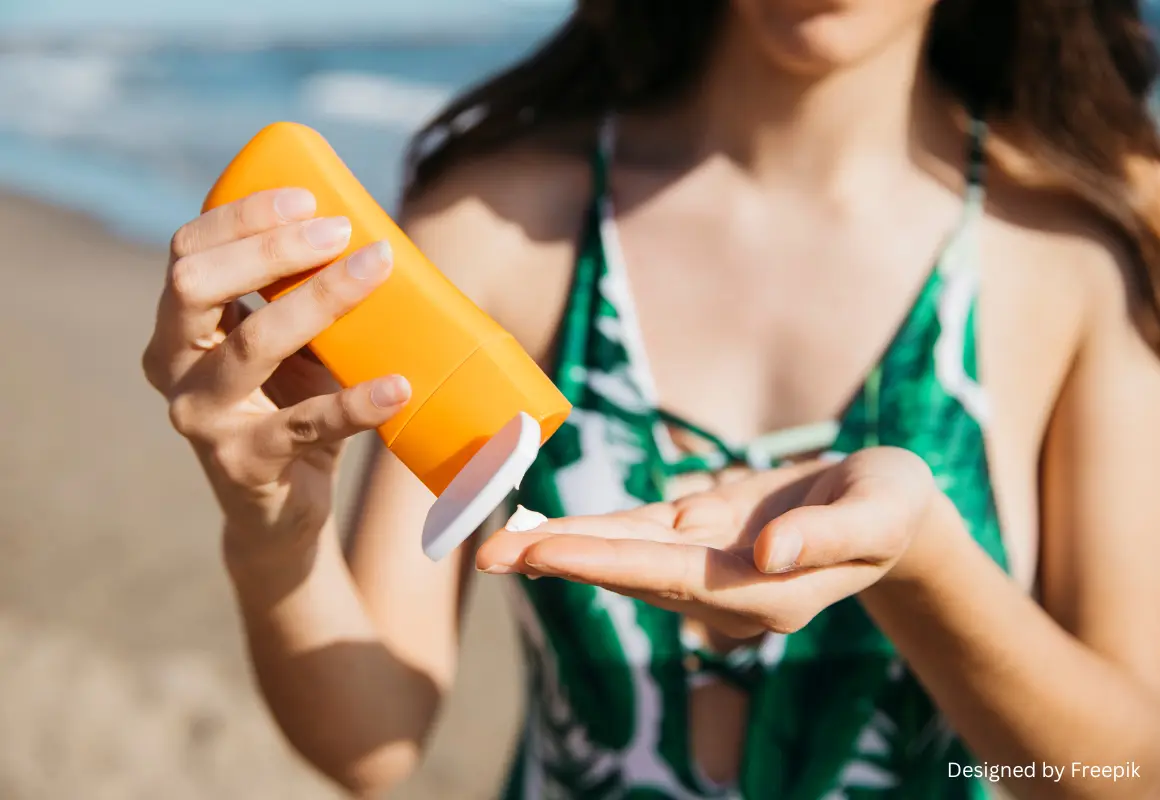


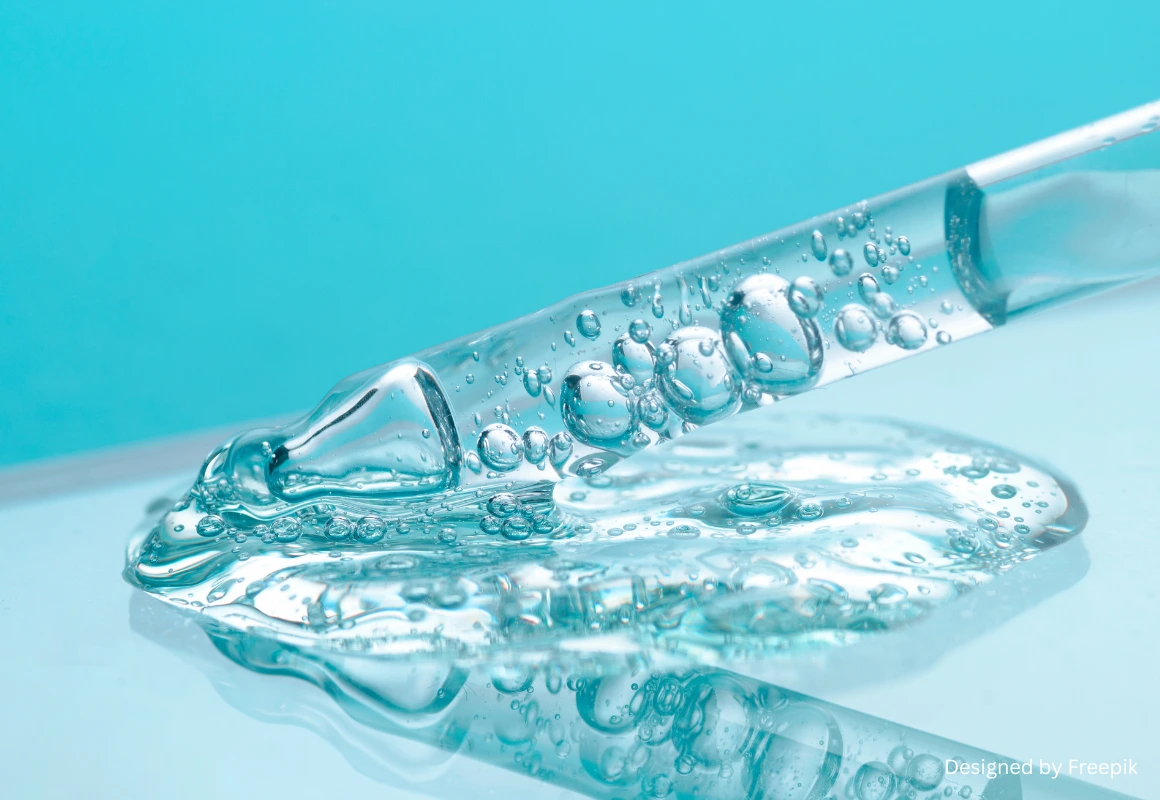
.webp)
